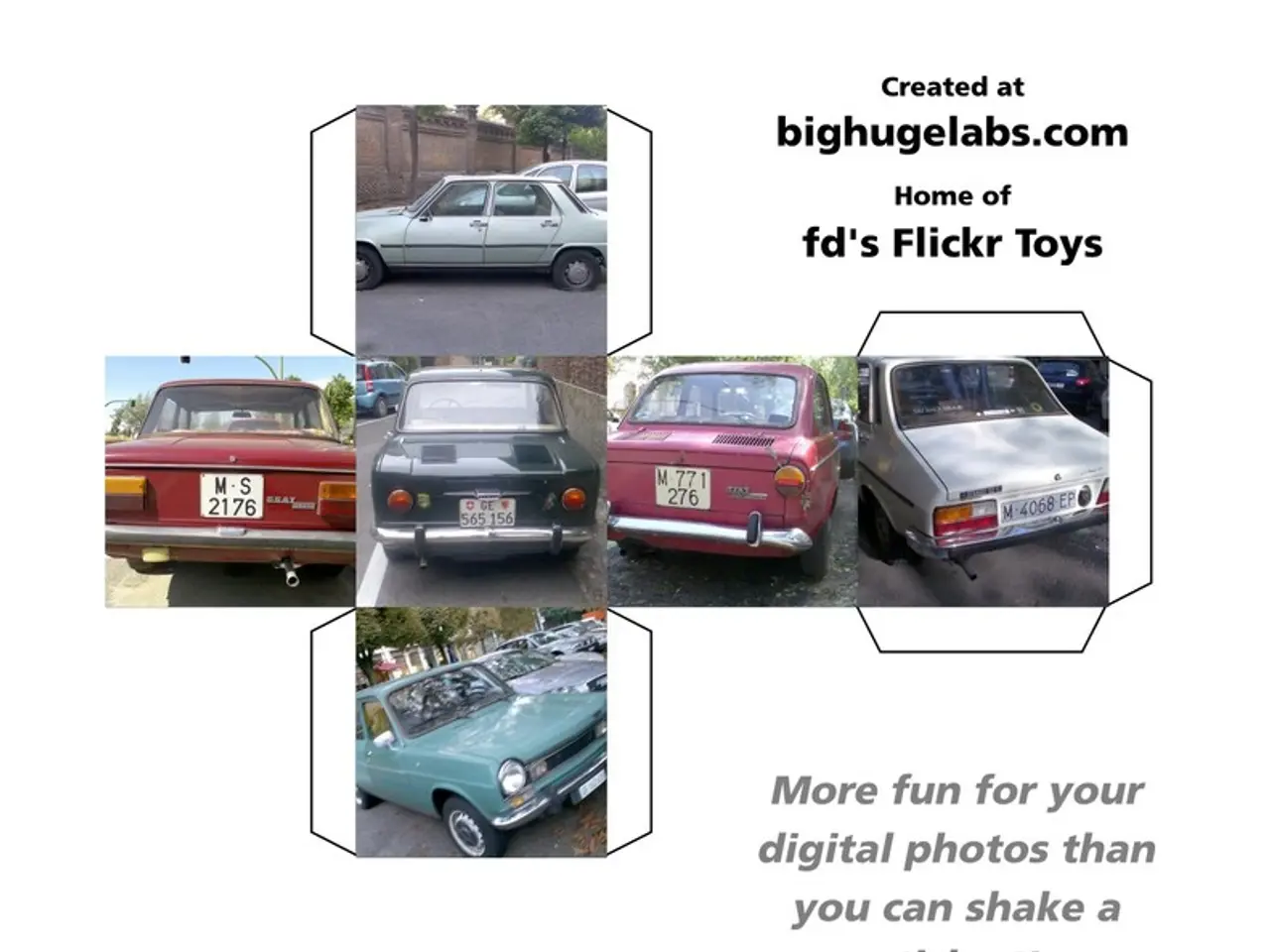Ford's Skunkworks: A Hidden Edge in the Electric Vehicle Competition Against China - Ford Discovers a Superior Strategy
In a bid to disrupt the automotive industry once more, Ford, under the leadership of CEO Jim Farley, is spearheading a significant transformation. The goal is to replicate the speed and disruptive innovation of new competitors and fundamentally re-engineer the process of creating cars[1].
The heart of this ambitious project is a small, secretive team, poached from Tesla, Rivian, Apple, and Lucid Motors, working tirelessly in a new 250,000-square-foot EV design and innovation center in Long Beach, California[1]. This facility serves as Ford's main hub for EV development in Southern California[1].
The focus of the vehicles emerging from this skunkworks project will be on efficiency, practicality, and a seamless digital experience. To achieve this, the team is working to re-engineer the EV development process, bypassing traditional slow automotive development cycles[2].
The first product from this project, anticipated around 2027, is rumoured to be a compact pickup truck[2]. However, the platform will support multiple body styles, including both retail and commercial vehicle variants, featuring personalised digital experiences[3].
Ford plans to unveil more details about this platform and its first vehicles on August 11, 2025, at an event in Kentucky[3]. The initial vehicle is expected to be a mid-size pickup truck, codenamed the T3[3][5].
The success of this project faces immense technological, financial, and geopolitical headwinds. The U.S.-China trade war, for instance, is projected to cost Ford a $2 billion "tariff bite" this year on imported parts[1].
Yet, Ford is leveraging its decision to license and build LFP battery technology from CATL in the U.S.[1]. This move is expected to help lower costs and improve the competitiveness of Ford's EVs.
The skunkworks model, originating from Lockheed's Advanced Development Projects during World War II, emphasises speed, simplicity, and autonomy[1]. For Ford, this means a fundamental test of whether a 120-year-old industrial giant can adapt to a new era of global competition[1].
As technology analyst Rob Enderle at Torque News puts it, "Ford's skunkworks project is a high-stakes bet on innovation, and it will be fascinating to see how it unfolds"[1].
References:
- Ford's Skunkworks Project: A New Era of Innovation
- Ford's Skunkworks Project: A Game Changer in the EV Market
- Ford's Skunkworks Project: A $25,000 EV to Compete with Chinese Automakers
- Ford's Skunkworks Project: A Model T Moment for the Automaker
- Ford's Skunkworks Project: The T3 Mid-Size Pickup Truck
- The transformation led by Jim Farley at Ford, targeting the automotive industry, also includes a focus on finance, as the company aims to replicate the innovation speed of new competitors.
- In the heart of Ford's EV development in Southern California, a team composed of veterans from Tesla, Rivian, Apple, and Lucid Motors is working on creating electric-vehicles (EVs) that prioritize efficiency, practicality, and a seamless digital experience.
- To further bolster its business in the EV sector, Ford is leveraging technology by licensing and building LFP battery technology from CATL, anticipated to lower costs and enhance competitiveness.
- As part of the skunkworks project, Ford plans to unveil a mid-size pickup truck, codenamed the T3, on August 11, 2025, in Kentucky, which may challenge competitors across the entire automotive industry.
- Despite potential challenges like geopolitical tensions and financial hurdles, such as the $2 billion tariff impact this year, the skunkworks project serves as a test for Ford to adapt its traditional 120-year-old industrial leadership to the fast-paced, disruptive technology-driven lifestyle of the future.




